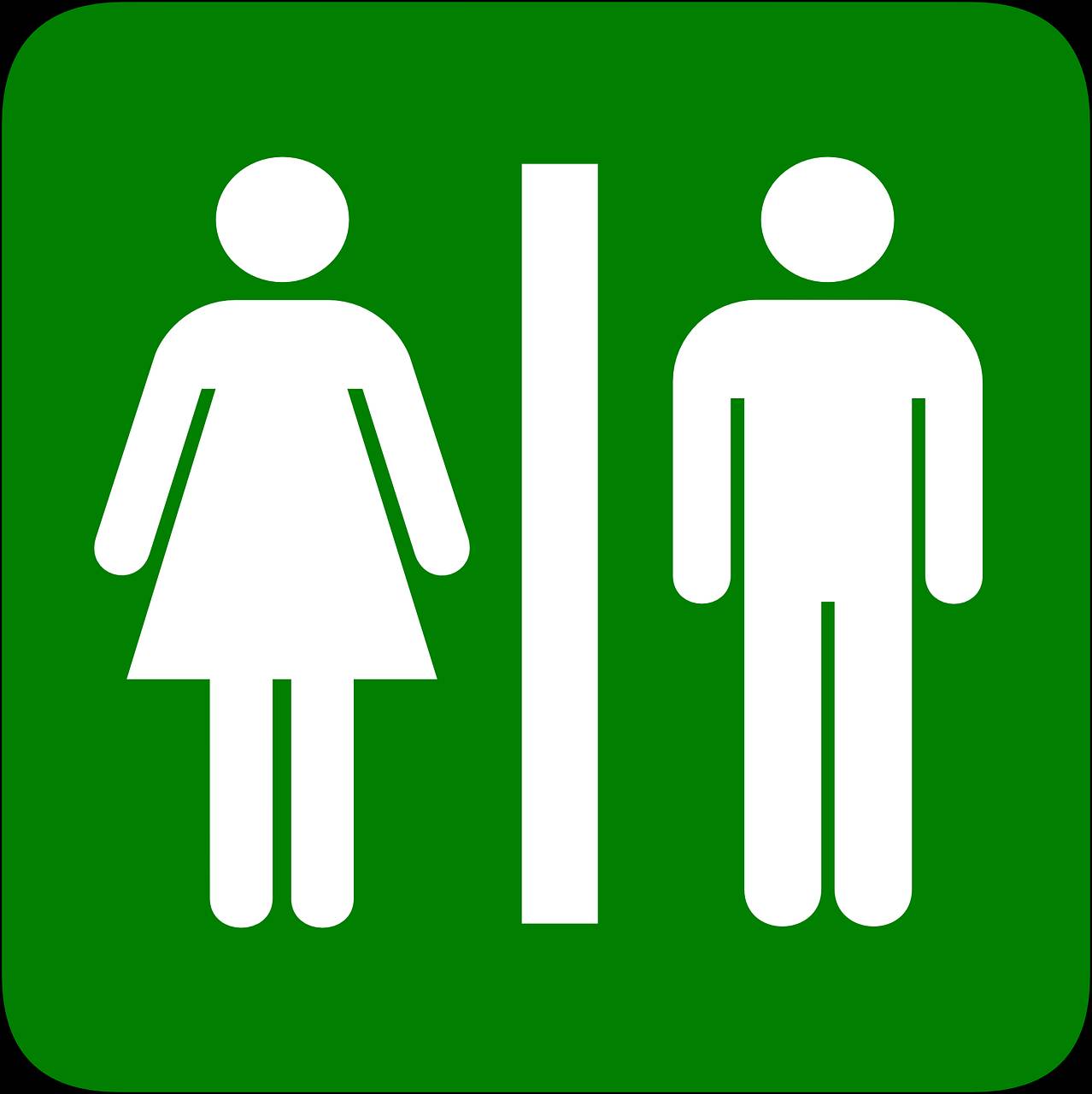Trans Bathroom Bans Set For Supreme Court
A ruling has created a split among federal appeals courts on whether schools can ban trans students from using restrooms matching their gender identities, the New York Times reports.
In 2019 the Supreme Court heard arguments about the rights of gay and trans workers, and the justices seemed fixated on bathrooms. Five justices explored questions related to who can use which bathroom, though bathrooms did not figure in the cases before them.
“Let’s not avoid the difficult issue,” Justice Sonia Sotomayor said, “you have a transgender person who rightly is identifying as a woman and wants to use the women’s bathroom. […] So the hard question is: How do we deal with that?”
David D. Cole, a lawyer with the American Civil Liberties Union representing a trans woman, was puzzled. “That is a question, Justice Sotomayor,” he said. “It is not the question in this case.”
The justice continued. “Once we decide the case in your favor,” she said, “then that question is inevitable.”
The actual question before the court – of whether a federal civil rights law protected LGBTQ+ workers from employment discrimination – was decided in favor of the workers by a 6-to-3 vote. However, the justices have not yet addressed the question Justice Sotomayor viewed as inevitable. A decision from the federal appeals court in Atlanta last month may change that.
Justice Neil M. Gorsuch’s majority opinion in 2020 in the case on workplace discrimination was a victory for transgender rights. But he took pains to say the ruling was, in one sense, narrow. “We do not purport to address bathrooms, locker rooms or anything else of the kind,” he wrote, adding that those “are questions for future cases, not these.”
In dissent, Justice Samuel A. Alito Jr. chastised the majority for kicking the can down the road. “The court may wish to avoid this subject,” he wrote, “but it is a matter of concern to many people who are reticent about disrobing or using toilet facilities in the presence of individuals whom they regard as members of the opposite sex.”

Image Credit: Pixabay
The court has not been in a rush to address what the law has to say about trans people and bathrooms. It turned down an appeal in 2021 from a ruling in favor of a trans boy in Virginia who wanted to use the boys’ bathroom at his high school, for instance, over the dissents of Justices Alito and Clarence Thomas.
The justices may have refused to hear the case because there was no disagreement among the federal appeals courts, one of the main criteria for granting review. In 2017, the federal appeals court in Chicago also ruled in favor of a trans boy.
The legal landscape changed on December 30, when the US Court of Appeals for the 11th Circuit, in Atlanta, ruled by a 7-to-4 vote that Drew Adams, a transgender boy, was not entitled to use the boys’ bathroom in a public high school in Florida. The judges in the majority were all appointed by Republican presidents, six of them by Donald J. Trump. The dissenters were all appointed by Democrats.
If appealed, the new decision may well force the justices’ hands, requiring them to decide an issue they have avoided.
Writing for the majority, Judge Barbara Lagoa said the issue was simple: The school board was free to require students to use the bathrooms that corresponded with their “biological sex,” which she defined as “sex based on chromosomal structure and anatomy at birth.”
In dissent, Judge Jill A. Pryor said that definition was at odds with modern medical science, particularly by failing to account for “the primacy of two biological components in particular, gender identity and neurological sex.”
She also focused on the harm the school board’s policy caused to Drew, who “was forced to endure a stigmatizing and humiliating walk of shame – past the boys’ bathrooms and into a single-stall ‘gender neutral’ bathroom.”
In his own dissent, Judge Adalberto Jordan wrote that the school board’s policy was arbitrary, as officials had said they relied on documents submitted at the time of enrollment to determine students’ genders. After Drew enrolled, he obtained a birth certificate and a driver’s license stating he was male, which the school board rejected. But officials said they would have accepted those same documents had they been presented by a new student.
“That transgender student, who presents the same safety and privacy concerns that the school board claims Drew does, would nevertheless be allowed to use the boys’ bathroom,” Judge Jordan wrote.
Judge Pryor wrote that Drew had used the boys’ bathroom without objection for the first six weeks of his first year at Allen D. Nease High School outside Jacksonville, Fla. “When Adams uses the men’s restroom,” Judge Pryor wrote, “he walks in, goes into a stall, locks the door to the stall, uses the restroom, leaves the stall, washes his hands and exits the restroom.”
Read related myGwork articles here:
U.S.A. Appeals Court Upholds Florida High School’s Trans Bathroom Ban
Dakota School District Over Ban On Sports And Bathroom Access
South Dakota GOP Senators Reject Trans Student Bathroom Ban
Keep up to date with the latest myGnews
